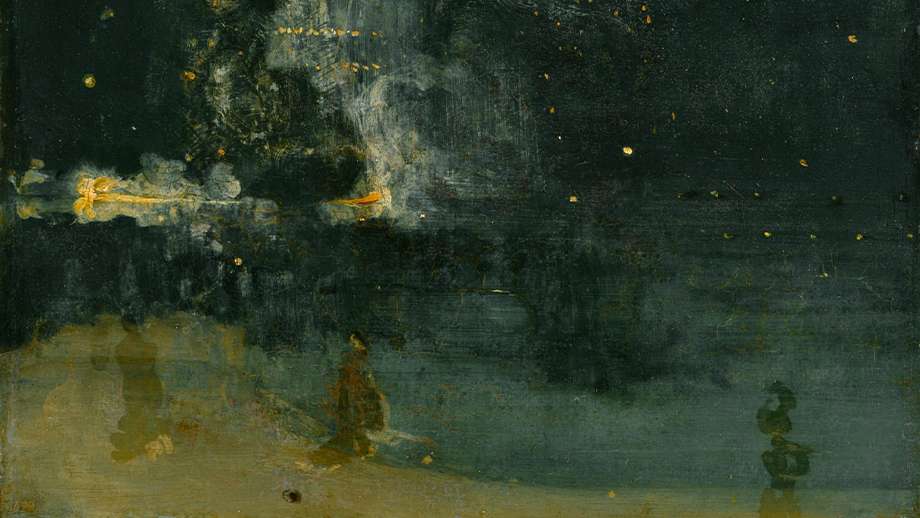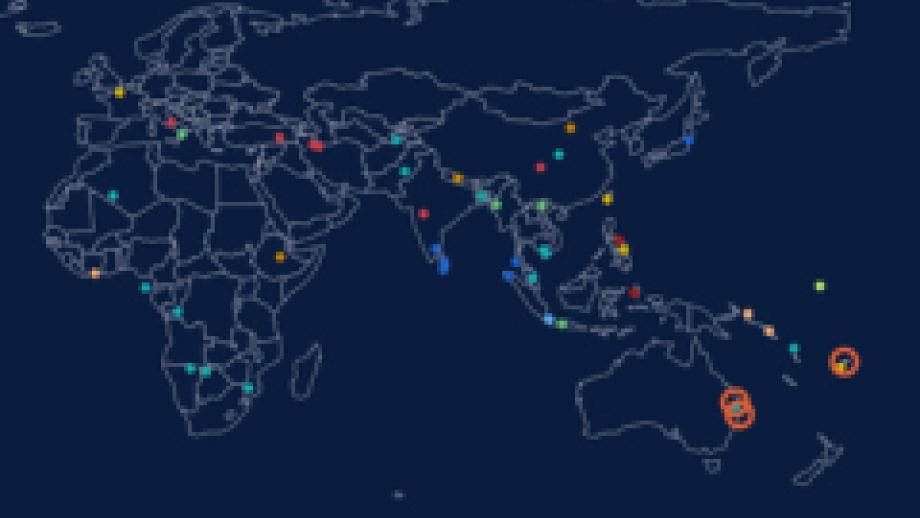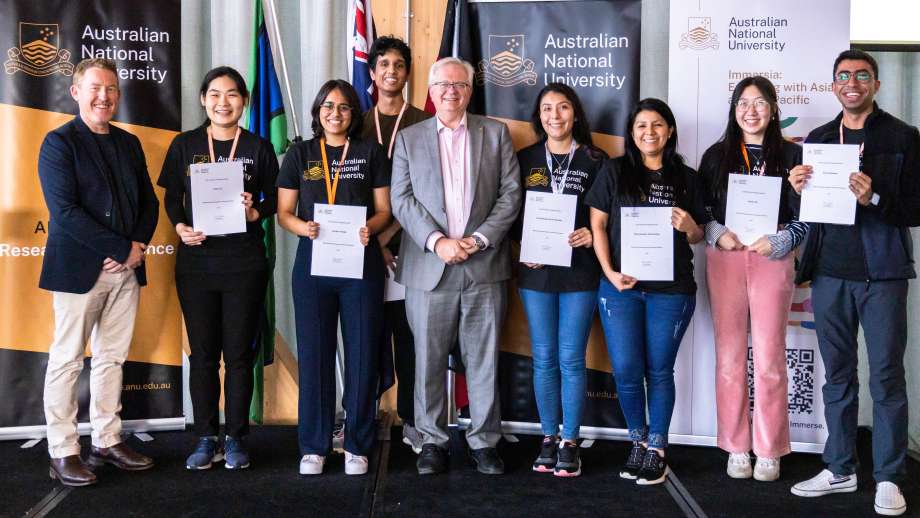Imperial community: law, subjecthood, and state control in Early Tang
Presented by ANU College of Asia & the Pacific
This seminar sheds lights on the formation of an 'imperial community', a community that the Tang court defined, established, and controlled.
The seminar is free and open to the public
About the talk
At its largest extent, the territory of the early Tang empire (618-755) spanned from the Korean peninsula to present-day Afghanistan. It governed a large multi-ethnic population, and it attracted into its borders many foreign merchants, Buddhist monks, and immigrants. Even its royal house was of ethnically mixed descent. Under such complex circumstances, whom did the state consider as insiders and outsiders of its empire? What was the imperial court's conception of subjecthood and how did it assert its control over those that it identified as its subjects?
This seminar discusses conception and administration of subjecthood in the early Tang. In addressing these issues, it sheds lights on the formation of an 'imperial community', a community that the Tang imperial court defined, established, and controlled. Laws and institutions lay at the centre of Tang administration of this community. As a corollary, although the Tang is widely regarded as a cosmopolitan and open empire, this seminar reveals the use of harsh punishments and strict regulations over Tang subjects and foreigners. It thereby discloses a controlling side of the empire that historical clichés have tended to obscure.
About the speaker
Victor Fong is a PhD candidate in History at the Australian National University (ANU) on the national scholarship, Australian Postgraduate Awards. He was also research officer of an Australian Research Council (ARC) project on Chinese criminal law reforms under Xi Jinping's reign. He has published and presented his research in several journals and conferences in Australia, Hong Kong, Taiwan, mainland China, Japan, Korea.
The ANU China Seminar Series is supported by the Australian Centre on China in the World at The Australian National University's College of Asia & the Pacific.
Location
Speakers
- Victor Fong
Contact
- Mahealani Delaney



